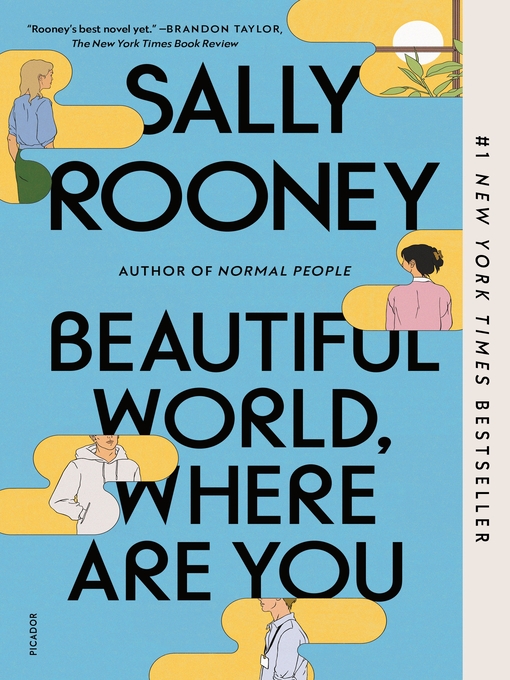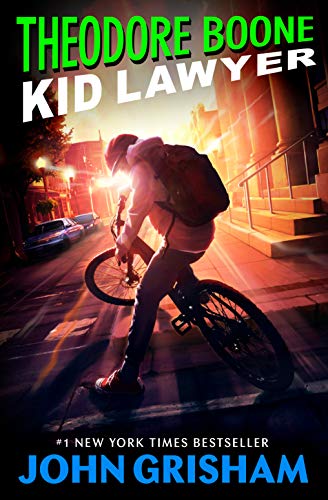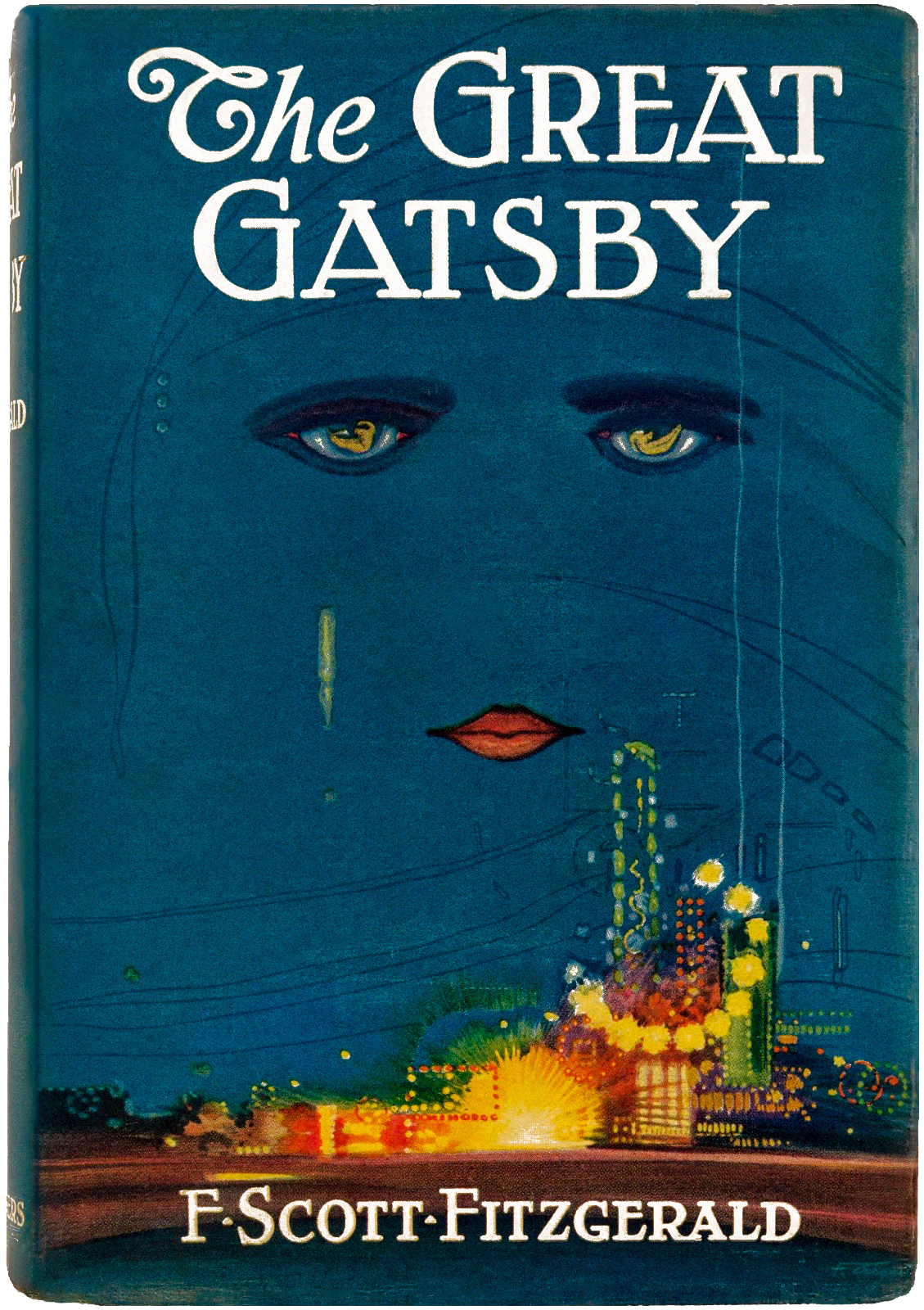An entertaining and humorous read, the play “A Midsummer Night’s Dream” by William Shakespeare incorporates a variety of figurative language to demonstrate a number of concepts, ideas, and opinions.
To begin with, Shakespeare skillfully develops the timeless aspect of love. In the very first scene, readers are introduced to Theseus and Hippolyta planning their wedding, as Hippolyta expresses that “Four days will quickly steep themselves in night; / Four nights will quickly dream away the time” (1.1.7-8). The story of Theseus of Hippolyta is quite unique: at first, Theseus kidnapped and beat Hippolyta in battle. By introducing these enemies-turned-lovers at the beginning of the play, Shakespeare foreshadows love issues and complexes, but also suggests a happy ending. Moments later, readers learn about Hermia and Lysander’s love, despite Hermia’s father Egeus’s desire that Hermia marry Demetrius. Hermia’s friend, Helena, is already in love with Demetrius, but as Helena explains, “The more I love, the more [Demetrius] hateth me” (1.1.204). The play is mostly centralized around the loves of Demetrius, Hermia, Helena, and Lysander. Love is universal and timeless–someone from ancient Egypt would feel the same butterflies as someone in 2050. The same applies to sadness, betrayal, and jealousy, all of which are prevalent in the play. In Demetrius, Hermia, Helena, and Lysander, readers understand the timeless complicated and uncontrollable nature of love. Cleverly, Shakespeare further expands on uncontrollability when the fairy king, Oberon, sends Puck to retrieve a flower, whose juice “[w]ill make or man or woman madly dote / Upon the next live creature that it sees” (2.1.177). For the audience, the flower challenges the uncontrollability of love. Demetrius and Lysander are both affected by a simple thing as flower juice, causing them to completely change their views, dispositions, and opinions. Upon analysis, Shakespeare’s incorporation of such a magic flower, which terribly exacerbates the love complex between the characters, represents the irrational, yet consuming aspect of love.
In addition, magic is a significant element of “A Midsummer Night’s Dream”, and it is not too different from love. Once again, the magical flower is a crucial symbol. Magic is often understood as the ability to do and control virtually arbitrary actions and events. As already discussed, love is a prime example of uncontrollability. With the magic flower, the fairy king and Puck are given greater power over the rest of the characters. They have a greater influence on the events that will ensue in the play. Magic’s influence is further exemplified by Puck, who turns Bottom’s head into a donkey’s head during rehearsal. Unluckily, Titania (who has been spelled with the magic flower) wakes up and instantly falls in love with Puck (3.1.131-164). This situation is especially significant in the theme of magic since it is a magical being herself (Titania, the Fairy Queen) who has fallen under a spell. First of all, the overtaking influence of magic is apparent; moreover, the influence of love is also portrayed. It can be argued that Shakespeare incorporates magic into the play to accentuate its likeness to love. Both magic and love cause troubles, yet they can both completely dominate a person’s actions and way of life.
Finally, the significance of the title “A Midsummer Night’s Dream” must be recognized. Dreams are random, irrational, and absolutely overtake one’s mind, very similarly to love. Moreover, dreams are repeatedly mentioned throughout the play. For example, Hippolyta expresses that “Four nights will quickly dream away the time” (1.1.8). Referring to the day of her wedding, Hippolyta uses “dreams” to describe her wait. The word “dreams” has a very positive connotation. In this manner, “dreams” recur to represent fantastic events, situations, and emotions.
Clearly, Shakespeare’s “A Midsummer Night’s Dream” well incorporates figurative language to develop a multitude of themes, lessons, and ideas.
-Ayati M.
William Shakespeare’s A Midsummer Night’s Dream is available for checkout from the Mission Viejo Library. It can also be downloaded for free from Overdrive.





/Stocksy_woman-writing-laptop_476082-57ab432d3df78cf459975331.jpg)
